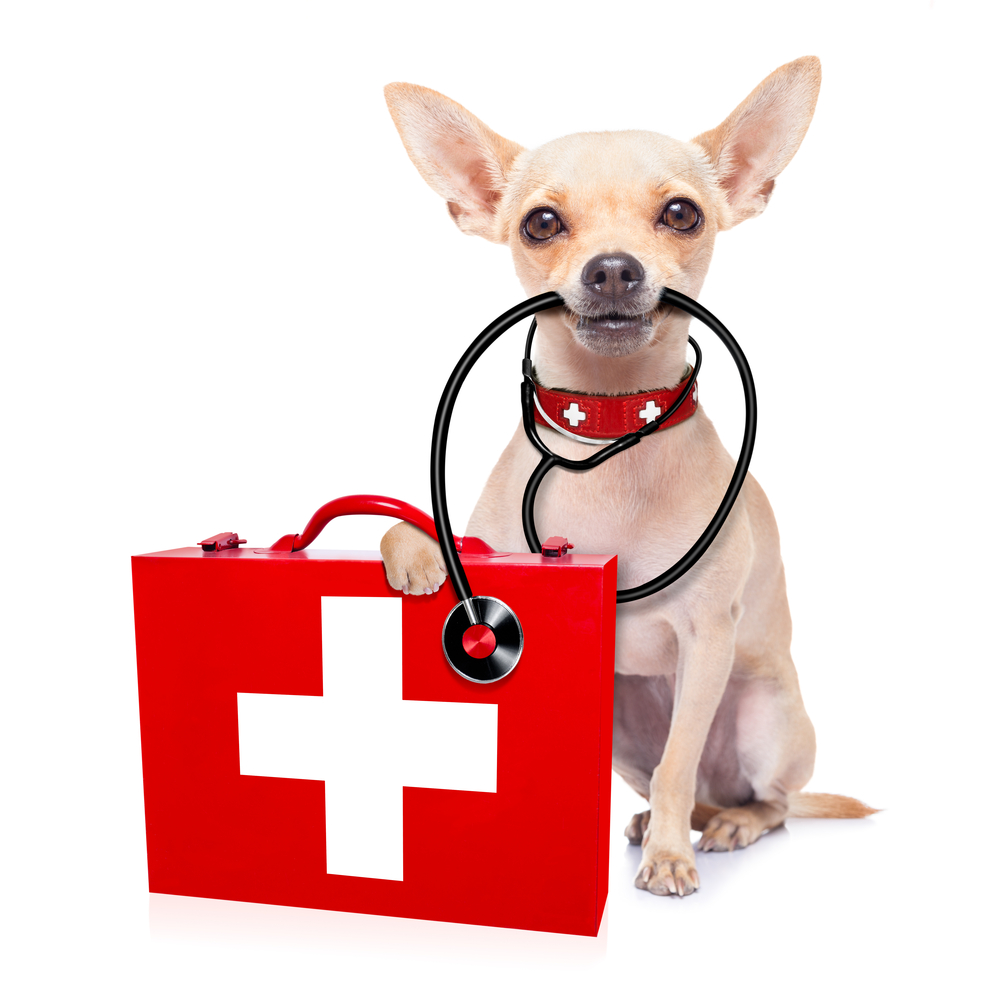
Understanding the importance of first aid for pets is not just about enhancing their quality of life but also about potentially saving it. Just like humans, pets too can face situations that require immediate medical attention. From minor wounds and burns to choking and poisoning, knowing how to react in these situations can be the difference between life and death.
Understanding Pet First Aid
Pet first aid is a crucial skill set that every pet owner should possess. The basics include understanding how to examine your pet for injuries, handling choking and breathing problems, and treating wounds and burns. Other essential skills include knowing how to deal with poisoning and when to seek urgent vet care.
It's important to remember that a calm demeanor is essential in emergencies. Your pet can sense your anxiety, which could worsen their condition. Always approach your pet gently. Make sure you have a basic first aid kit for pets at your disposal and know how to use the items in it.
Understanding your pet's baseline health is also vital. Regular vet checkups can help you recognize what is normal for your pet, making it easier to notice when something is off. Keep a record of your pet's medical history, including vaccinations, any past illnesses or injuries, and any medications they are on. This information could be invaluable to a veterinarian in an emergency.
What to Do for Choking and Breathing Problems
Choking and breathing problems can be a terrifying ordeal for both the pet and the pet owner. If your pet is choking, you might notice signs like excessive drooling, pawing at the mouth, or difficulty breathing.
Firstly, open your pet's mouth carefully to check for any visible objects. If you can see the object, try to remove it gently with a pair of tweezers, taking care not to push it further down. If you can't remove it or if your pet is still struggling, perform the Heimlich maneuver.
If your pet is having difficulty breathing, try to keep them calm and transport them to a veterinarian immediately. Perform chest compressions or mouth-to-snout resuscitation if necessary, while on the way.
Handling Wounds and Burns
Pet owners should also know how to handle wounds and burns. For minor wounds, clean the area with warm water and a mild antiseptic. Apply a clean bandage and monitor the wound closely for any signs of infection, such as redness, swelling, or pus.
In case of burns, the first step is to remove your pet from the source of heat. Apply cool water to the burn area for at least five minutes, then cover it with a clean cloth. Never use ice or icy water as it can cause more damage to the tissue.
Dealing with Poisoning
Poisoning is another common emergency situation in pets. It can occur due to the ingestion of toxic foods, household chemicals, or certain plants. If you suspect your pet has been poisoned, look for signs such as vomiting, diarrhea, excessive salivation, seizures, or loss of consciousness. You can find our blog about common food and household items that are poisonous to pets here.
The first step is to remove your pet from the source of the poison. Do not induce vomiting unless instructed to do so by a veterinarian, as some substances can cause more harm if vomited. Instead, try to collect a sample of the substance your pet has ingested or been exposed to, if possible. This can help the vet identify the poison and provide appropriate treatment.
When to Seek Urgent Vet Care
Learning when to seek urgent vet care is as important as learning first aid skills. Some situations require immediate professional attention, such as severe bleeding, difficulty breathing, loss of consciousness, seizures, or ingestion of a toxic substance.
In these cases, it's crucial to transport your pet to a vet as quickly and safely as possible. Try to keep your pet calm and comfortable during the journey. If you can, call ahead to let the vet know you're on your way and describe the situation. This can help them prepare for your arrival and provide immediate treatment.
Essential First Aid Kit for Pets
Having an essential first aid kit for pets at home can be a lifesaver. It should include items like gauze pads, adhesive tape, antiseptic wipes, a digital thermometer, tweezers, a blanket, a leash, and a muzzle. Also, include a list of emergency phone numbers, including your vet's and the nearest emergency animal hospital. Keep the kit in an easily accessible location and make sure all family members know where it is. If True Animal Vet is closed, please seek emergency medical attention from Blue Pearl Animal Hospital in Spring, TX.
The Lifesaving Importance of First Aid Knowledge for Pet Owners
First aid for pets is about understanding your pet, their health, and their needs. It's not just about being prepared for emergencies but also about knowing how to prevent them. Regular vet checkups, a healthy diet, and a safe environment can significantly reduce the risk of injuries and illnesses in pets.
For further insights into first aid for pets, reach out to True Animal Vet. We invite you to visit our clinic in The Woodlands, Texas (77381) whether in need of routine primary care or urgent and emergency veterinary services. Call (281) 867-5968 or text (281) 916-3282 to schedule an appointment today.










